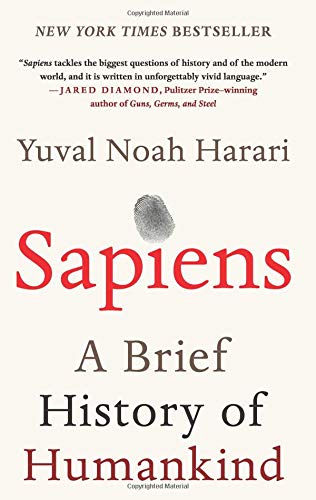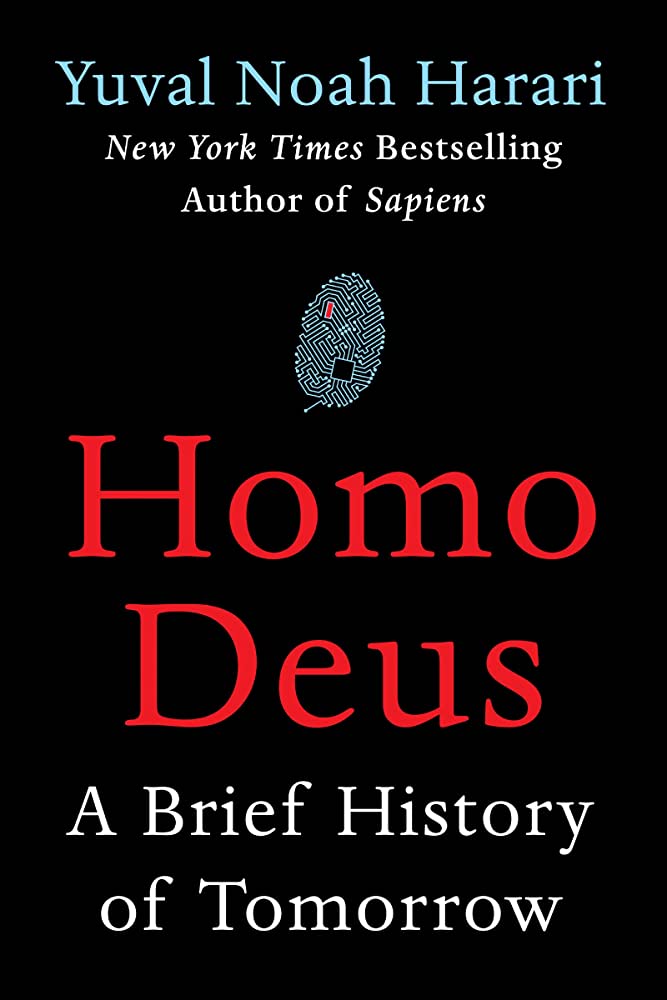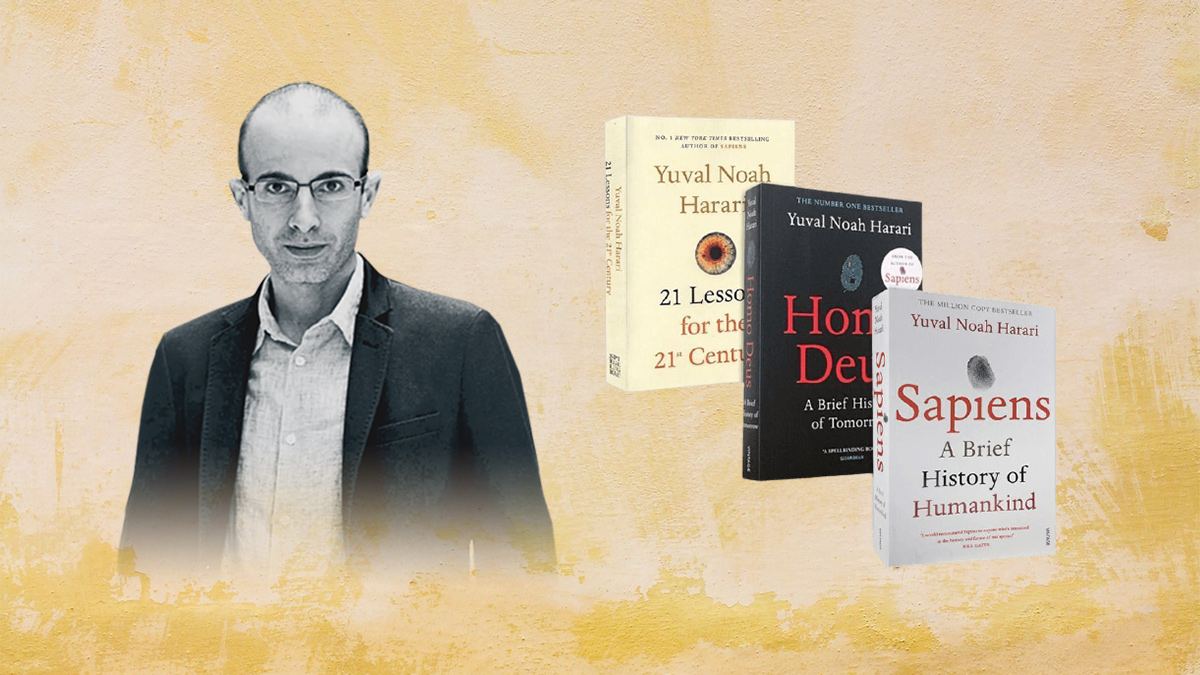Books by one of my favorite historian writers
One of the most relevant authors of today casts new eyes on the history of the past and the future.
Makliya Mamat / March 12, 2023
Yuval Noah Harari is a historian, philosopher and the author of bestsellers. Co-Founder of Sapienship, a multidisciplinary organization advocating for global responsibility whose mission is to clarify the public conversation, support the quest for solutions and focus attention on the most important challenges facing the world today (technological disruption, ecological collapse and the nuclear threat).
In his three books that I read, Harari takes into consideration the past of humanity (Sapiens), the present (21 Lessons for the 21st Century) and the future (Homo Deus), trying to trace the global lines of development from the Stone Age up to the abandonment of biological bodies in favor of synthetic ones. His biggest writing strengths, in my opinion, are
- The capacity to observe trends without bias (with some notable exceptions)
- The capacity to effectively combine findings from several diverse areas
- The capacity to engage readers with simple, approachable, but not simplistic language
Harari aimed to comprehend the background of humanity’s exploitation of the planet and the emergence of sophisticated contemporary society. In order to produce a new understanding of our past, he integrates concepts from evolutionary theory, forensic anthropology, genetics, and the fundamental methods of history-making. He concludes that humankind’s success was a result of our capacity to construct and maintain large-scale, cooperative myths.
“Our values make all the difference to whether we see ourselves as ‘miserable slaves to a baby dictator’ or as ‘lovingly nurturing a new life’. As Nietzsche put it, if you have a why to live, you can bear almost any how. A meaningful life can be extremely satisfying even in the midst of hardship, whereas a meaningless life is a terrible ordeal no matter how comfortable it is.”
Sapiens

Harari divides the history of man into three major revolutions, they are the cognitive revolution, the agricultural revolution and the scientific revolution.
The Cognitive Revolution occurred when winning genetic mutations slowly led humans to develop larger and more efficient brains. This evolution was undoubtedly one of our winning assets in the great war for adaptation and survival, but at the same time it can prove to be an important limitation today.
The Agricultural Revolution led Homo Sapiens to become a sedentary species. According to a provocative yet interesting claim made by Harari, agriculture has given more evolutionary benefits to plant species scattered around the world than to us.
The Scientific Revolution has allowed the passage from a culture highly based on the unverifiable consequences of some myths to one founded on the verifiable consequences of other myths. Science helped us to make better predictions and to build advanced technologies.
In addition to Harari’s insights on human behavior and coping with life’s stressors throughout the ages, Sapiens also contains delightfully fun, sometimes surprising, historical nuggets.
21 Lessons

An important theory states that the rate of acceleration of technological development and automation of tasks increases more or less constantly. According to Harari, to get used to this frenetic pace of development it is necessary to teach the new generations more transversal skills, such as
The ability to learn. The need to constantly (and probably forever) learn new concepts, ideas and tools will reward those who will be able to learn quickly and effectively.
Critical thinking. The issue of information scarcity is reversed in a society where we receive vastly more data than in the past. It is crucial to independently assess the knowledge acquired, sorting out the good information from the bad, and only using sources that are trustworthy in a world where we can figuratively educate ourselves about everything and the complete opposite of everything.
Empathy and communication skills. Even if algorithms become better than us in several cognitive domains, the average human’s brain will remain the same as that of hunter-gatherers. Essential elements in this sense are our need for socialization and empathy. Humor, understanding and affection may sooner or later be reproduced by a machine, but the time when we will see such reproduction is still far away.
Homo Deus

According to Harari, this century will be defined, among other things, by two driving forces.
Biological change, numerous and radical innovations in the field of biotechnology, genetic engineering, cognitive enhancement and super-longevity will change the physical, mental and biological structure of human beings;
Job change, automation, the increasing power of algorithms and the development of technology will make almost all jobs fully automatable.
In Sapiens, Yuval Noah Harari investigated the last half-million years to understand how we’ve arrived here. In Homo Deus, he speculated on how our present course will influence the future of humanity.
The final step of the whole reasoning is very simple: the era of Homo Sapiens is nearing its end. In its place we will see the birth of Homo Deus, something that we cannot yet describe, but which we know will originate from the exponential development of all the social, technological and cultural trajectories described in the three books of the trilogy.

Contents
Newsletter
- Updates from Makliya Notes will be delivered to your inbox.

